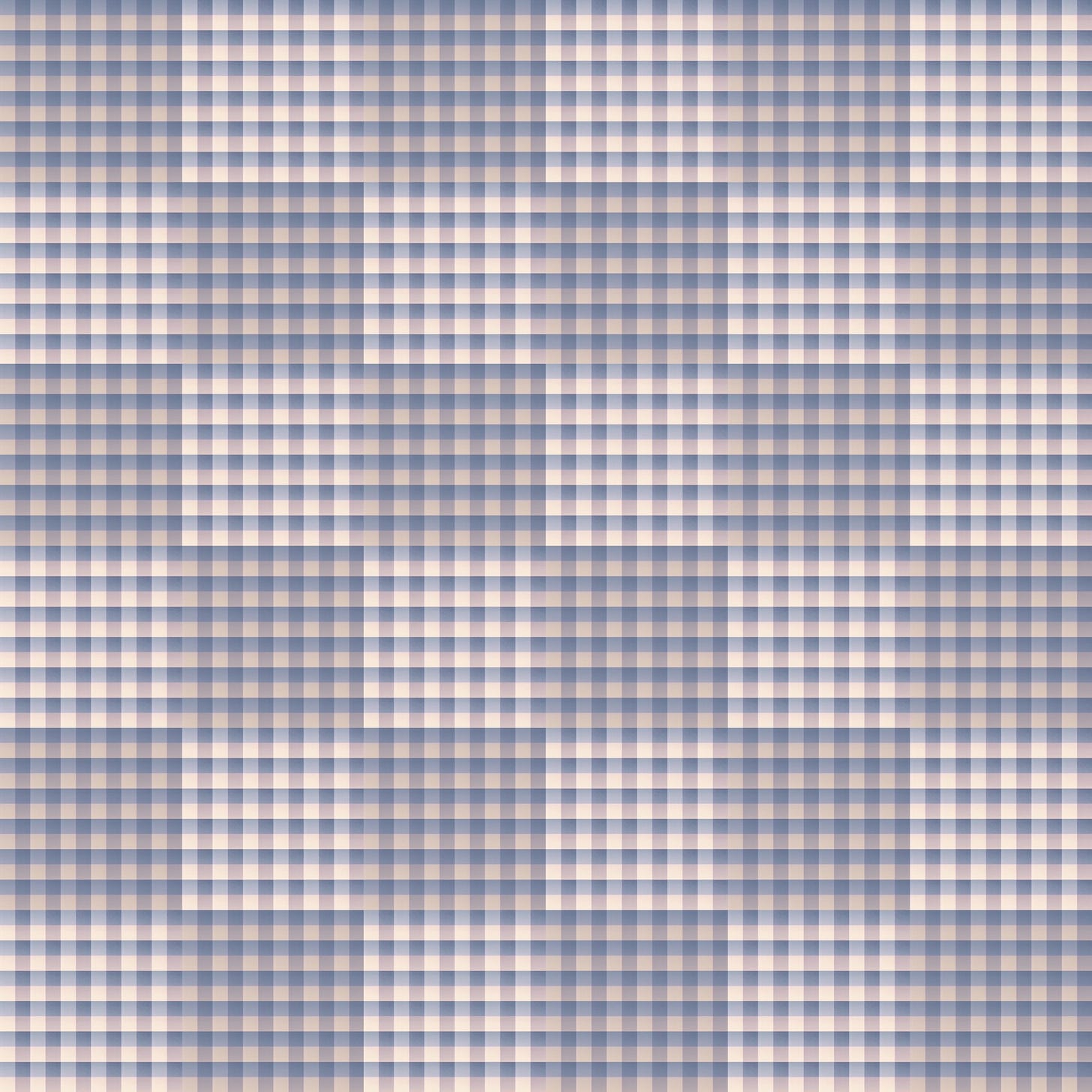Impossible questions
What must we do?
Leo Tolstoy asked in 1886, ‘What then must we do? What must we do?’, noting that the question was inevitably paired with ‘an admission that our way of life is wrong and bad, together with a suggestion that all the same it is impossible to change it’.
That Tolstoy judged a resolution impossible but still sought one suggested that even more improbable would be not asking the question in the first place. The call to act hangs in the air; it is ever present, unavoidable. Responding brings together the mundane and the creative, as we wrestle with how to combine the is and the ought; be it balanced, reconciled, or smashed together.
To frame the problem differently, we are permanently handed a historical fait accompli, ‘we can act only in terms of our own time, among the people who surround us’, as Camus observed. Nonetheless, there are some moments and some places where it is easier to pursue what is right and just than at other moments and in other places. We can have belle époques, and we can also have less salutary periods. As Miéville judges, ‘history is not endless recursion: some times are worse, in certain ways, than others.’ Writing in 2015, Miéville was making the point that we are indeed at one of those times when things are worse. Perhaps, perhaps not. A more useful approach might instead be considering what features distinguish the impossibility of the present moment.
Regardless of whether times are good or bad, the choices we make matter. They do, they must. Indeed, the relationship might be an inverse one: as times worsen, our decisions become more consequential.
Freedom of action, with the walls closing in. Confined in an increasingly claustrophobic present; impossible questions posed, awaiting answers.


